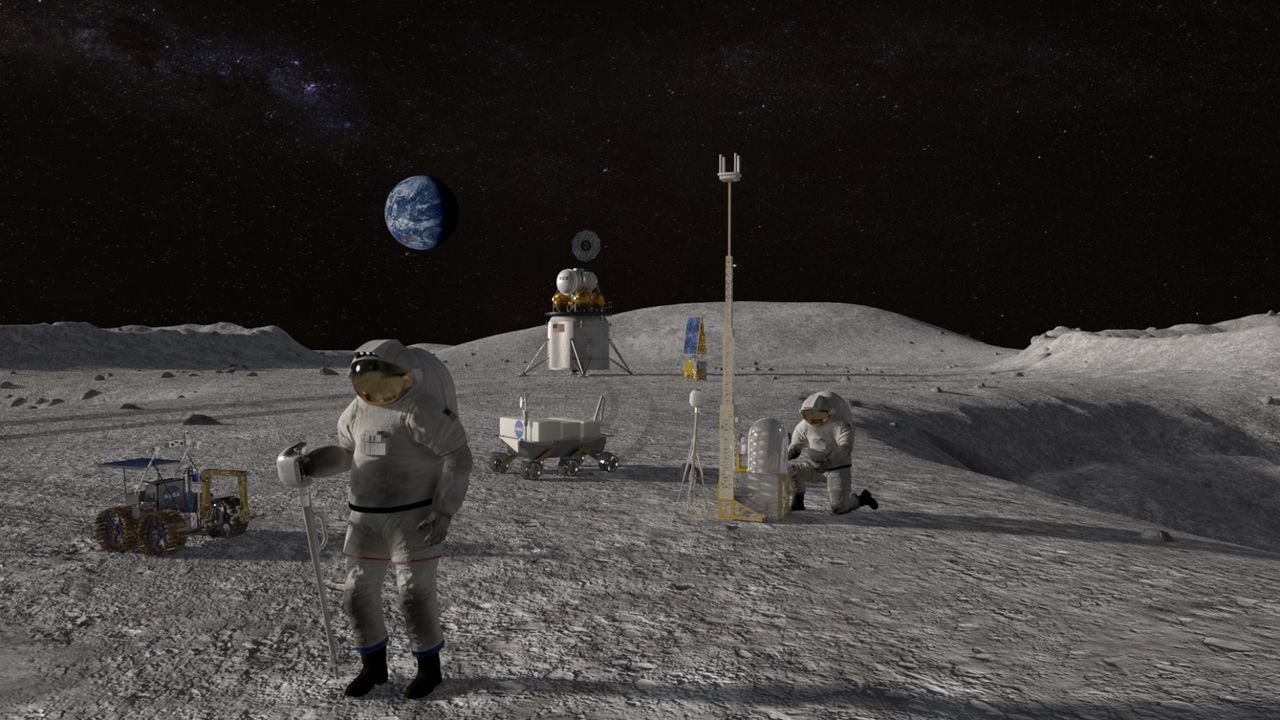NASA and Google are joining forces to develop an AI-powered medical assistant aimed at enhancing astronaut health management during long-duration missions to the moon and Mars. This collaboration focuses on creating a proof of concept for the Crew Medical Officer Digital Assistant (CMO-DA), a type of Clinical Decision Support System (CDSS) designed to operate effectively beyond low Earth orbit.
The initiative is part of NASA’s commitment to advancing human spaceflight through its Artemis program. The CMO-DA will enable astronauts to autonomously diagnose and treat medical symptoms, addressing a crucial challenge posed by communication delays with Earth. As highlighted in a statement from Google on August 8, these delays can reach up to 45 minutes for missions to Mars, making real-time medical consultations unfeasible.
According to Google representatives, “Trained on spaceflight literature, the AI system uses cutting-edge natural language processing and machine learning techniques to safely provide real-time analyses of crew health and performance.” Early results from tests indicate promising potential for reliable diagnoses based on reported symptoms. NASA and Google are collaborating with medical professionals to further refine and validate the model.
Addressing Communication Challenges in Space
Deep-space missions require astronauts to operate in environments where immediate medical assistance is not available. The onboard AI assistant is designed to bridge this critical gap, ensuring that astronauts can receive timely medical support without needing to rely on Earth-based consultations. The implications of this technology extend beyond space travel; it could also prove beneficial in remote areas on Earth, where access to trained medical personnel is limited.
NASA’s Artemis program aims to return humans to the moon and eventually facilitate missions to Mars. As part of this effort, the CMO-DA could play a vital role in ensuring crew safety and health during these extended missions. The integration of advanced AI technology not only supports astronauts but also paves the way for future innovations in healthcare, both in space and on our planet.
As research and testing continue, the collaboration between NASA and Google signifies a significant step forward in preparing for the challenges of deep-space exploration. The potential for a reliable AI medical assistant could revolutionize how astronauts manage health issues during missions, making human exploration of the moon and Mars safer and more feasible.
